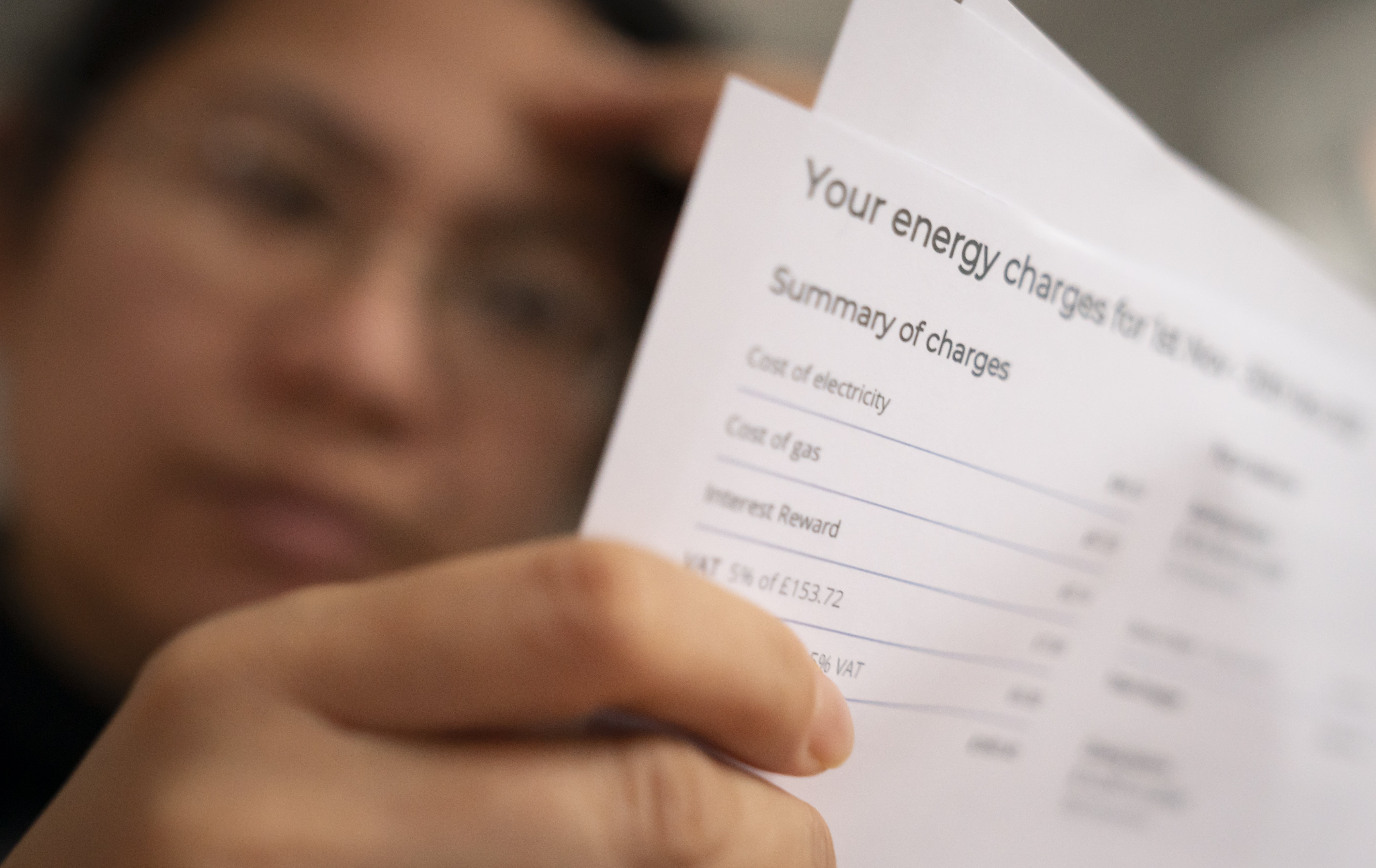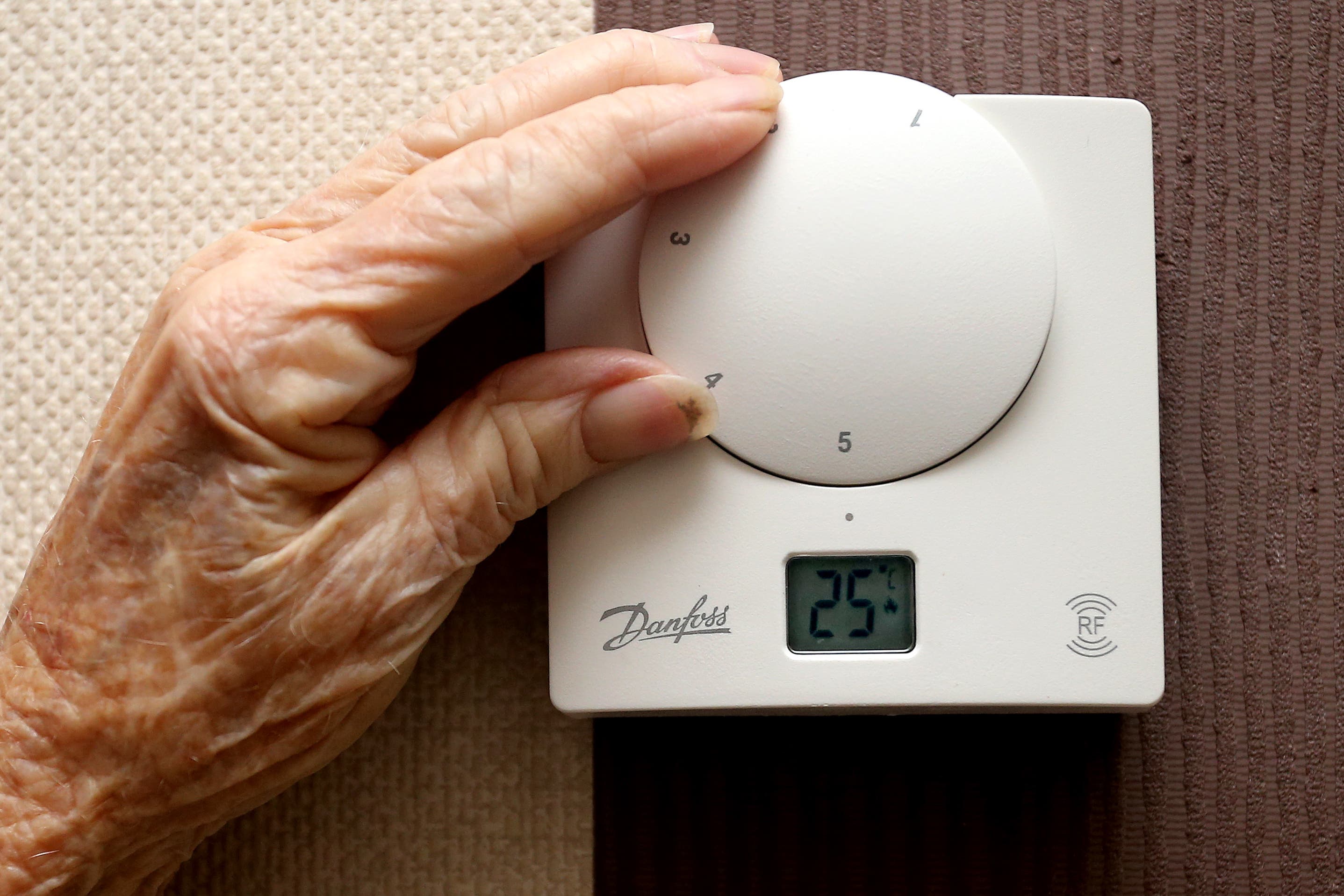Experts warn when UK will see another energy bill rise
This predicted rise would mark a third consecutive hike for energy prices

Your support helps us to tell the story
From reproductive rights to climate change to Big Tech, The Independent is on the ground when the story is developing. Whether it's investigating the financials of Elon Musk's pro-Trump PAC or producing our latest documentary, 'The A Word', which shines a light on the American women fighting for reproductive rights, we know how important it is to parse out the facts from the messaging.
At such a critical moment in US history, we need reporters on the ground. Your donation allows us to keep sending journalists to speak to both sides of the story.
The Independent is trusted by Americans across the entire political spectrum. And unlike many other quality news outlets, we choose not to lock Americans out of our reporting and analysis with paywalls. We believe quality journalism should be available to everyone, paid for by those who can afford it.
Your support makes all the difference.Households have been warned that they face another rise in energy costs next year.
Bills could increase in April as market “turbulence” and price cap reforms feed through to bills, analysts said.
The latest forecast from Cornwall Insight suggests that the energy price cap could rise to £1,762 a year for a typical dual fuel consumer, a 1% increase from the cap of £1,738 that comes into effect on January 1.
Cornwall Insight said the forecast reflected the economic and geopolitical factors influencing wholesale prices.
It warned that continued uncertainty regarding the future of the Russia-Ukraine conflict and its implications for gas supplies to Europe was now playing out against the second Donald Trump presidency and its impact on gas exports from America.
Meanwhile, new energy network charges and other costs was also compounding an increase in the underlying costs of electricity and gas.
There was also the prospect of reforms adding extra costs to the cap, which could add at least another £20 to annual bills, Cornwall said.
Factoring in the proposed reforms, forecasts suggested the cap could rise to around £1,782, or a 2.5% increase from January.
Prices are still expected to fall in July next year.

Ben Gallizzi, energy spokesman at Uswitch.com, said: “This predicted rise in April’s price cap would mark a third consecutive hike for energy prices, adding to the current pain for households.
“This increase could mean the average household on a standard variable tariff would pay 1% more on their rates from April – on top of the 1% increase in January that we’re yet to pay.
“This is an early prediction so this 1% rise isn’t guaranteed, but energy prices remain uncertain.
“There are now a range of fixed deals available that are significantly cheaper than the predicted price cap for January, so it is well worth running a comparison to see how much you could save.
“Right now, the average household could save up to £112 per year against the current price cap by switching to a twelve month fixed deal.
“Consumers who are worried about paying their energy bill should check what energy help they are eligible for, and contact their supplier who may be able to offer support.”
Dr Craig Lowrey, principal consultant at Cornwall Insight, said: “Energy bills in 2025 are shaping up to reflect a perfect storm of regulatory changes and market turbulence, in addition to any broader sector reforms put forward by the new Government.
“While the wholesale market will remain a key driver of prices, Ofgem’s reforms and the introduction of new charges could raise costs further for households.
“There are a lot of unknowns, and while significant rises in price are currently unlikely, the scale of any increases will depend on how the market and the reforms unfold.”
Mr Lowrey added: “What we do know is that the market is unlikely to lower bills, and affordability and fuel poverty will continue to be a pressing issue.
“This underscores the need for policymakers and suppliers to prioritise supporting vulnerable consumers.”